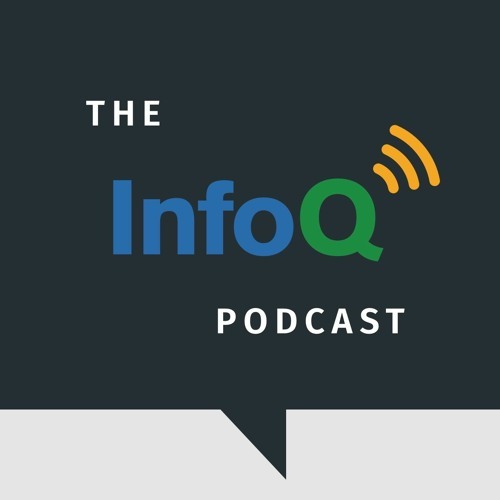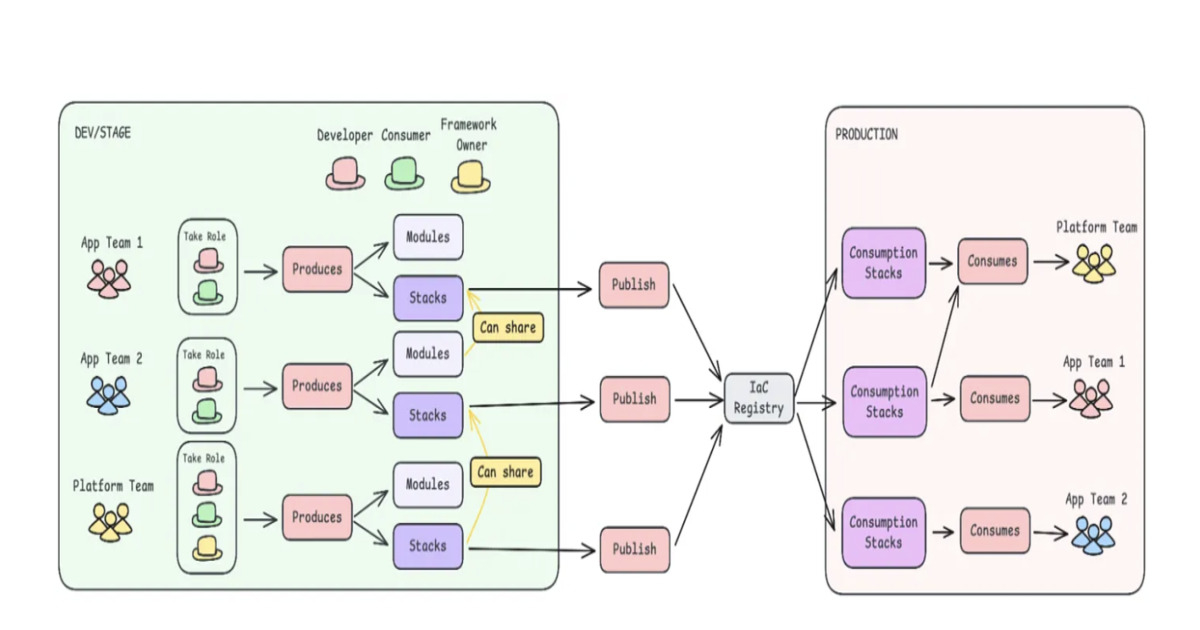Codetown
Codetown ::: a software developer's community
I was chatting with Henry Story, creator of Babelfish, the translation engine, just after he presented his current work at the Social Web Barcamp conference in Paris, France. He directed me to his talk about the state of the Semantic Web, http://blogs.sun.com/bblfish/entry/camping_and_hacking_at_har2009 and suggested I view the video online of his talk using Firefox 3.5. The one I am referring to is the first of the 4 on his blog post. What's interesting is that you don't even see these .ogg format videos using another browser than Firefox 3.5, for example Camino on the Mac doesn't render these videos visible at all!
As an aside, Henry points out the Barcamp guidelines, which we'll follow at the upcoming OrlandoJUG meeting Thursday:
* Everybody is a participant
* You make the event
* Feel free to move between sessions if you feel you are not getting what you were looking for at one of them
* Write up your interests on the black board, this will be used to create the time table.
So the sessions were put together on the spot there and then. That seems "hard" but in my experience it's always a great time, and so much better than the norm.
His mention of Metcalfe's Law was an interesting sidenote. He discussed with me the idea of using FOAF + SSL as a single point of entry and signup for a social network. I'm just beginning to understand what he's talking about, and it's phenomenal! Have any of you explored the possibilities of the Friend of a Friend project and possibly used it on a website? Let's discuss...
Tags:
Replies to This Discussion
-
Permalink Reply by Carol McDonald on September 23, 2009 at 11:03am
-
using metadata about users on the web has been in discussion for ~ 10 yrs. FOAF is interesting but I think whoever gets the most users will get the most developers, like the Facebook api or googles open social.
http://www.softwaredeveloper.com/features/welcome-to-opensocial-040... -
-
Permalink Reply by Carol McDonald on September 25, 2009 at 11:53am
-
I worked for years on implementing OSI's protocols for X.400 email , X.500 directory, CMIP network managment. X.400 was eventually replaced by SMTP not because SMTP was a better protocol , but because more people were using it. What I learned about standards... the ones that succeed are the ones that have the widest implementation and use.
-
-
Permalink Reply by Carol McDonald on September 25, 2009 at 11:54am
-
ADA is another example, remember that
-
-
Permalink Reply by Michael Levin on September 25, 2009 at 12:09pm
-
What's ADA, Carol?
Carol McDonald said:ADA is another example, remember that -
Notes
Welcome to Codetown!
 Codetown is a social network. It's got blogs, forums, groups, personal pages and more! You might think of Codetown as a funky camper van with lots of compartments for your stuff and a great multimedia system, too! Best of all, Codetown has room for all of your friends.
Codetown is a social network. It's got blogs, forums, groups, personal pages and more! You might think of Codetown as a funky camper van with lots of compartments for your stuff and a great multimedia system, too! Best of all, Codetown has room for all of your friends.
Created by Michael Levin Dec 18, 2008 at 6:56pm. Last updated by Michael Levin May 4, 2018.
Looking for Jobs or Staff?
Check out the Codetown Jobs group.
InfoQ Reading List
Presentation: What I Wish I Knew When I Started with Green IT

Ludi Akue discusses how the tech sector’s rising emissions impact our global climate goals. Drawing from her experience as a CTO, she explains seven key lessons for implementing Green IT. She shares insights on LCA assessments, the paradox of microservices, and why FinOps doesn’t always equal green.
By Ludi AkueVue Router 5: File-Based Routing Into Core with No Breaking Changes

Vue Router 5.0 has integrated unplugin-vue-router into its core, enhancing file-based routing and TypeScript support. This transition release boasts no breaking changes, simplifies dependencies, and introduces experimental features like data loaders and improved editor tooling. Ideal for Vue.js developers, it positions itself as a bridge to the upcoming ESM-only version 6.
By Daniel CurtisPodcast: [Video Podcast] AI Autonomy Is Redefining Architecture: Boundaries Now Matter Most

This conversation explores why generative AI is not just another automation layer but a shift into autonomy. The key idea is that we cannot retrofit AI into old procedural workflows and expect it to behave. Once autonomy is introduced, systems will drift, show emergent behaviour, and act in ways we did not explicitly script.
By Jesper LowgrenGoogle Launches Automated Review Feature in Gemini CLI Conductor

Google has enhanced its Gemini CLI extension, Conductor, by adding support for automated reviews. The company says this update allows Conductor "to go beyond just planning and execution into validation", enabling it to check AI-generated code for quality and adherence to guidelines, strengthening confidence, safety, and control in AI-assisted development workflows.
By Sergio De SimoneFrom Central Control to Team Autonomy: Rethinking Infrastructure Delivery

Adidas engineers describe shifting from a centralized Infrastructure-as-Code model to a decentralized one. Five teams autonomously deployed over 81 new infrastructure stacks in two months, using layered IaC modules, automated pipelines, and shared frameworks. The redesign illustrates how to scale infrastructure delivery while maintaining governance at scale.
By Leela Kumili
© 2026 Created by Michael Levin.
Powered by
![]()